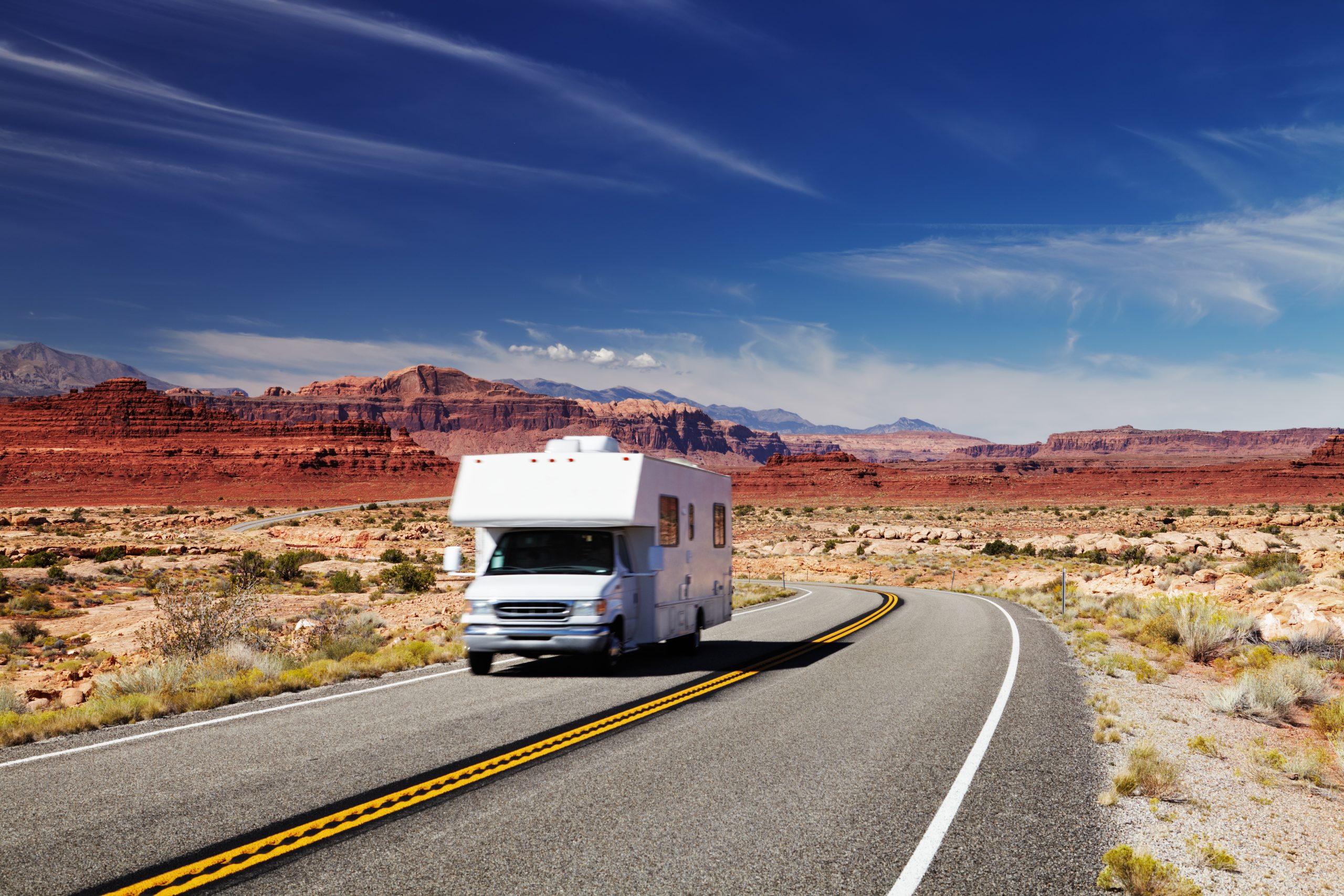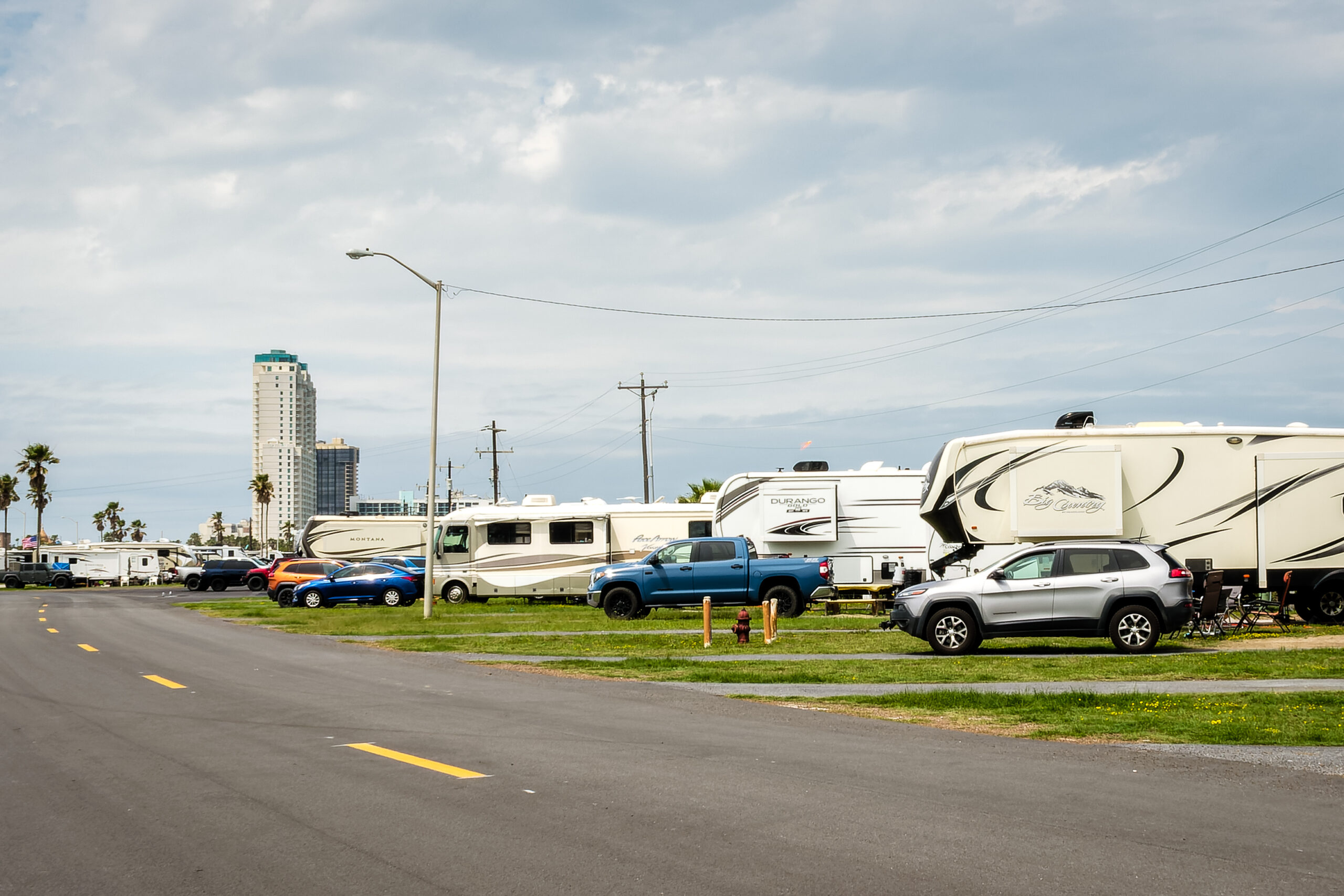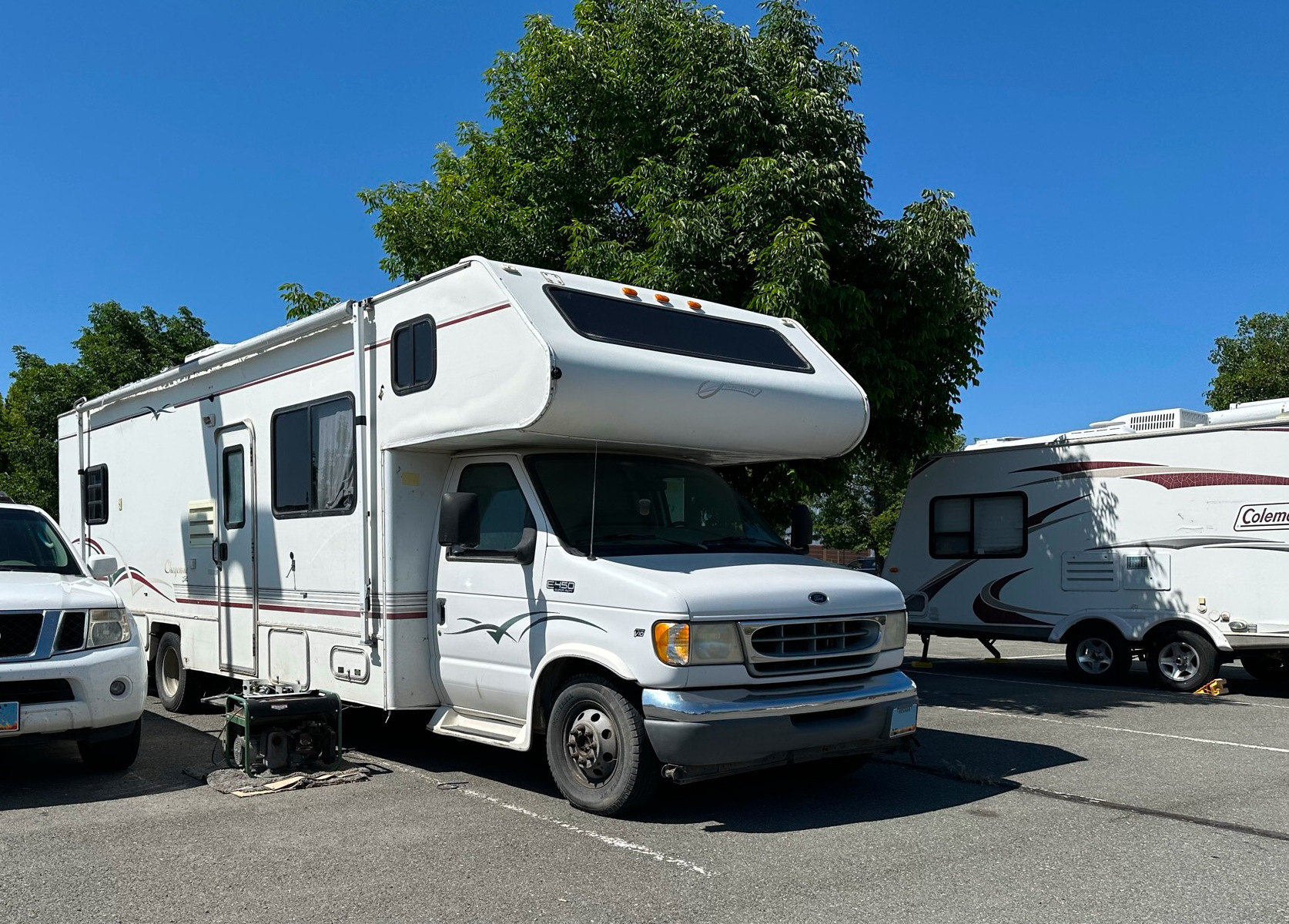
10 Things You Should Know Before You Go RVing Full-Time
Working a Monday to Friday 9-5 job and then purchasing and paying for a traditional sticks and bricks home over 25 years to most people is considered the norm. But for increasingly more people, the idea of a financially, location-based life is becoming less desirable.
Mass travel is going to be replaced by meaningful travel…and I think this is a semi-permanent shift.”
Airbnb CEO Brian Chesky
We all love weekend camping trips, right? So why not camp full-time?
Camping and full-time RVing are two very different things. Before you make the decision to go RVing full-time, here are 10 things you should know.
1. Things will break
Regardless of which RV manufacturer you choose, things will go wrong and any RV will require repair. RV manufacturers have noticed the increase in full-time RV owners and are building RVs designed for full-time use. That being said, most RVs built up until recently were not designed for continual use and so the service and repair requirements increase with that use.
Although inevitable, repairs can be greatly reduced with preventative maintenance. Stay on top of your RV maintenance with an online tool such as RV LIFE Maintenance.
2. How much will it cost?
In general, living in an RV is a cheaper way to live than paying a mortgage or rent and utilities in an average city. That being said, RVing isn’t as cheap as most people think it will be. Of course, costs will vary greatly depending on your choice of RV, where you want to stay, and whether you are stationary or continually traveling.
You can save money by joining camping clubs, learning how to boondock, and camping away from popular, high-priced destinations in the high season.
Another great way to save money while RVing full-time (or just in general) is by creating a budget.
3. RVs don’t have addresses
One of the most appealing things about full-time RVing to many is not having a fixed location. This can also be an overlooked consideration. Many things including mail, employers, schools, the list goes on… require an address.
There are options for remote mailboxes becoming available in more locations. A family address can also be used in many cases. The options are there but they should be considered before hitting the road.
4. People will question you
So you’re selling your house and moving your family into an RV? The idea of full-time RVing is still a fairly new movement. For family and friends, it may seem like a crazy plan. Before packing up the family and hitting the road, talk with the important people in your life about your plans and reasons for going full-time.
5. Where will you stay when you go RVing?
Campgrounds are the obvious choice, however, many campgrounds have limits on the length of stay. You will need to consider what your location will be. Are you moving from campground to campground? Boondocking? Do you have access to privately owned land?
The RV LIFE Pro tools can help you find campgrounds on your journey.
Short stays at locations and some overnights in parking lots may work for real nomads but consideration must be taken about where “home” will be, even if it isn’t permanent. You may want to consider paying RV parks weekly or monthly rates if they are available.
6. How much space do you need?
One of the major sacrifices and considerations with RVing full-time is space. We all know how easily we collect stuff over the years. But it’s not just storage space you need to consider. Do you have kids? Will they have their own space? Pets? Do they require lots of space to run freely?
Depending on the size of your current living space, consideration will have to be taken into the selling, storing, and donating of things.

7. Weather
Following the sun for many is how they plan their locations. Depending on where you choose to live, winter may have to be a consideration. Winter RVing is a topic too expansive to discuss here but if this is your situation, great preparation must be taken.
Even with the hot sunny locations, you must be prepared to ride out extreme temperatures and storms in your RV.
8. What is your work situation?
If you’re not retired this will be a big thing to consider. Does your job require you to be there in person? Will you always be close enough to that location to travel?
For many full-time RVers, remote work is the best option. This also comes with consideration. Will you have reliable WiFi and/or cell signal? Is everyone in the family able to work if needed?
9. What type of RV is best?
Your RV will be your house so choosing the best fit for you and your family is a very important decision. Considerations will include space required, price range, will you be stationary or mobile, drivable or towable, resale, new or remodel. Your first RV doesn’t have to be your dream rig but you should consider your realistic needs.
If you’re new to RVing, consider renting an RV using RVShare.
10. You can go back
For many, the idea to go RVing full-time is exciting and adventurous but taking the leap can be difficult. Like any new venture, it can be intimidating and the fear of starting will stop many.
When you leave behind your traditional house and drive away into the sunset you may have doubts. The thing to consider here is what’s stopping you from going back if it doesn’t work out?

The benefits to go RVing full-time are endless. It is, however, a big decision that will affect not only you but your family and possibly your day-to-day work and relationships. After careful consideration, you can make the best decision for yourself and your family.
Continue reading:



